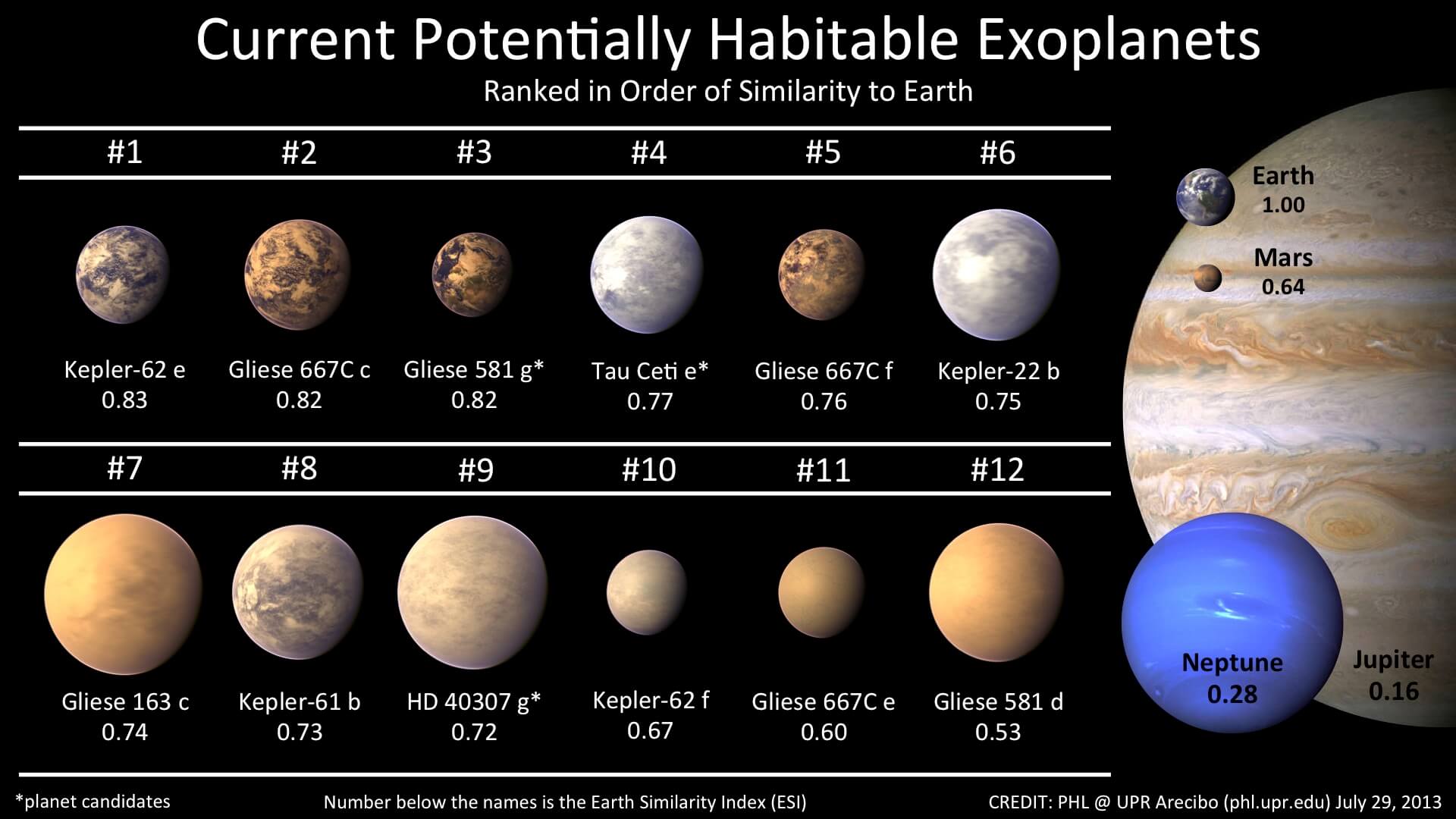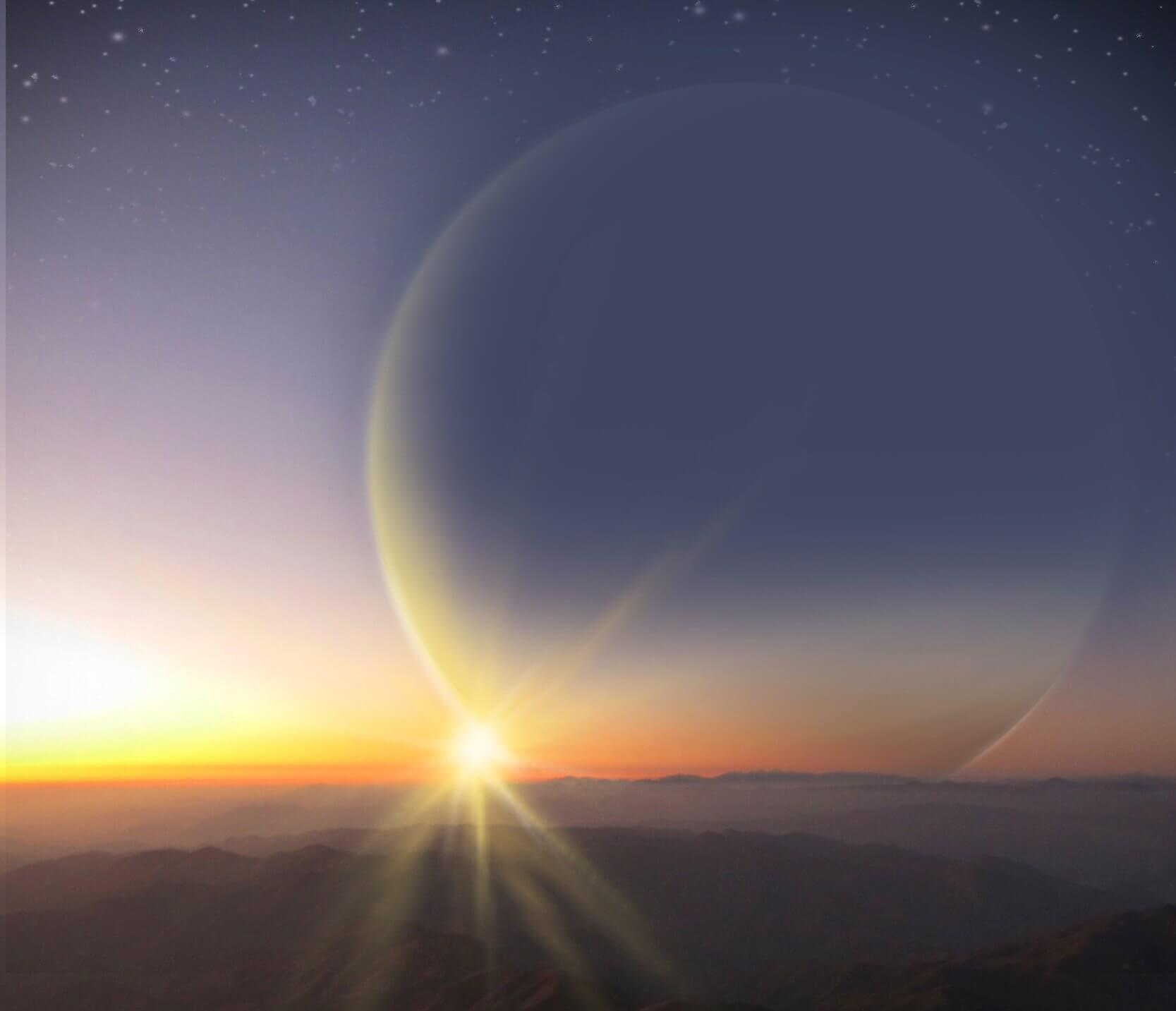The new decision was made following advertising campaigns and contests organized by the STI Institute and the space company Uwingu

Nancy Atkinson
The International Astronomical Union (IAU) published a statement on August 14, 2013 in which it was announced about the change in the official position regarding the assignment of popular names to the many planets discovered outside the solar system, and the participation of the public in the naming process
"These decisions are consistent with a long-standing tradition and experience whereby the IAU fully supports the involvement of the general public, either directly or through an independently organized vote, in determining the names of moons, newly discovered planets and their host stars," the union's statement said.
This new position came as a surprise to many. "I was surprised by the IAU statement about encouraging the acceptance of proposals from the general public for astronomical objects," said Prof. Abel Mendes, director of the Laboratory for Life-Enabled Planetary Objects at the University of Puerto Rico, in response to a question from Universe Today. "It's definitely something good. Now there is a public naming procedure approved by the IAU but it does not rule out public struggles by people outside the naming association.”
The decision contradicts a previous announcement by the union from the end of March 2013 regarding the naming of planets outside the solar system (nowadays the names are the name of the star plus small letters from b onwards, when the names of the stars themselves also look like AB phone numbers), then it was stated that " IAU sees no need and has no plan to assign names to these objects at the current stage of our knowledge."
The logic of this decision is that if so many planets are discovered, it will be difficult to name them all.
But then, on March 24th the IAU added the following paragraph to their website: “… The IAU greatly appreciates the growing interest from the general public seeking to become more closely involved in the discovery and understanding of our universe. As a result, there will be meetings where it will be decided on naming 53 planets later this year. The results will be published on the IAU website.”

The new decision was made following advertising campaigns and competitions organized by the ST Institute and the space company Uwingu to give popular names to objects in space, instead of the unfriendly names such as HD 41004 Ab. Both campaigns received many reactions from the general public but created a debate among the professionals about how "official" these names were. The IAU issued a statement regarding the competitions saying that while the association welcomes public interest and the desire to be involved in the latest discoveries, the association states that they will have the final say. In addition, the union opposed the "sale" of names. Uwingu charged money for each bid, as a contribution to future space research.
"In light of the recent events, where the possibility of acquiring the rights to name planets has been announced, the International Astronomical Union (IAU) wishes to inform the public that these plans do not affect the official naming process. We would like to emphasize the importance of the procedure of providing uniform names", stated in the announcement published on April 12, 2013.
The new IAU rules are designed to allow people to suggest names of planets and moons by e-mail to the IAU (click here for an e-mail address).
The union also formulated rules for conducting public campaigns:
1. Before any public naming initiative, the IAU must be contacted in the first place by sending a letter of intent to the IAU Secretary General.
2. The proposal for naming the IAU must be made through organizations. Scientists or science communicators must be involved in the process.
3. The applicant organization should appoint its legal or official representatives and explain the reasons for naming a particular object or group of objects.
4. The organization will not ask for funds and will not turn the process into a source of income for any purpose.
5. There must be a broad international partnership in the process.
6. Names proposed to the public (by individuals and in naming campaigns) should follow the naming rules adopted for minor solar system bodies by the IAU and the Minor Planet Center.
Among the other rules for determining names there is also a limit on the length of the names (16 characters at most); It will be possible to pronounce them in as many languages as possible; that the name does not offend any language or culture; and that names of people, places or events of a political or military nature should be avoided. Also, the official consent of the discoverer of the bone is required.
The new statement also has critics. People were joking on Twitter this morning about whether the name of our neighboring planet Mars, named after the Roman god of war (Mars), would have to change due to the new restrictions on military nomenclature.
Astronomer Alan Stern, principal investigator of the New Horizons mission to Pluto and CEO of Uwingu said he was not at all surprised by the IAU's new statement. "Despite the apparent openness, the naming is subject to the decisions of the IAU. Why should the IAU be a traffic cop?” He answers a Universe Today question.
Stern also said the new statement has some contradictions compared to the April 12 statement of this year. For example, "These naming campaigns have no effect on the official naming process - the names of the planets will not be officially recognized despite the price paid or the number of votes gained. And now it seems that competitions that follow the rules of the IAU will be approved."
Stern said he has received messages of support from other astronomers, particularly against the claim that no money can be made in the process and that astronomy magazines and planetariums require payment for their journals or exhibits. "If they can do it, why can't Uwingu? Especially when the company's income is used (at least in part) to promote the goals of the IAU, that is, to promote the science of astronomy and the knowledge of the public in this field all over the world."
Also, the April statement on behalf of the IAU said that it was the sole arbiter of the process of naming celestial objects, while the new statement from August says, "The IAU does not see itself as having a monopoly on the naming of celestial objects, anyone can in theory adopt names in any way they choose."
The statement continues, "However, given the publicity and emotional investment associated with these discoveries, global recognition is important and the IAU offers its own unique experience for a successful public naming process."
For the news in Universe Today

One response
If these stars are worth anything in the distant future their name will change dozens if not hundreds of times.
In the battle for relevance to everyday life the union never won.
I doubt the teenagers are aware that other planets even have different moons.